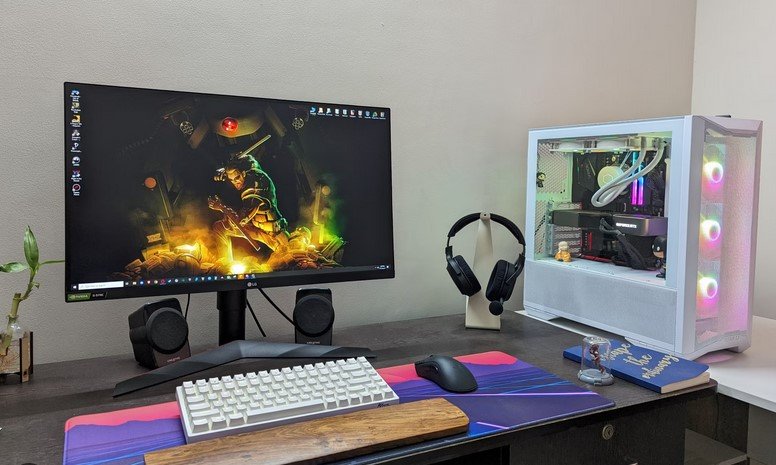If you find yourself constantly running out of space on your computer, it might be time to rethink your approach to managing computer storage. With so many files, applications, and media taking up valuable space, effective storage management is essential to keep your computer running smoothly. In this article, we’ll share some practical strategies for freeing up storage and keeping your system efficient.
1. Regularly Clean Up Unnecessary Files
One of the simplest ways to start managing computer storage is by regularly cleaning up unnecessary files. Temporary files, cache, and downloads can pile up over time and take up a significant amount of space. Set aside time each month to go through your folders and delete anything you no longer need. You can also use tools like Disk Cleanup (for Windows) or CleanMyMac (for macOS) to remove junk files quickly.
Getting rid of clutter will make a noticeable difference in how much free space you have on your computer.

2. Use Cloud Storage Services
Cloud storage services like Google Drive, Dropbox, or OneDrive can help with managing computer storage by shifting some of your files to the cloud. This means that files aren’t stored directly on your computer, freeing up space for other important things. Cloud services also offer the advantage of accessing your files from anywhere, as long as you have an internet connection. For large files, like videos or backups, cloud storage can be a lifesaver.
Storing files in the cloud is a smart way to ensure you always have space for new projects without overloading your computer.
3. Uninstall Unused Programs
Over time, we tend to accumulate a lot of programs we barely use. Uninstalling unnecessary software is another effective strategy for managing computer storage. Check your computer for programs that are rarely used and remove them. In addition to saving space, this can also improve your computer’s performance by reducing the number of background processes running.
By keeping only the essential software, you’ll have more space and a more efficient system.
4. Organize Your Files
Properly organizing your files is a simple but powerful way to manage your storage. Instead of having files scattered across your desktop or random folders, create a clear folder structure. For example, have separate folders for documents, media, and software. Organizing files also makes it easier to spot duplicates or large files you no longer need, helping with managing computer storage.
A well-organized system can prevent storage issues from creeping up unexpectedly.
5. Compress Large Files
If you deal with large files, compressing them can help save space. Tools like WinRAR or 7-Zip allow you to compress files without losing quality. This method is particularly useful for archiving old projects or sending large files via email. By compressing files, you can store more data in less space, which makes managing computer storage easier.
Compressing files is a quick solution that allows you to make the most of your available storage.
6. Transfer Files to External Drives
Another good way of managing computer storage is by moving large or rarely used files to external drives. External hard drives or SSDs are affordable and provide ample space for storing media files, backups, or other data that doesn’t need to stay on your main computer. This method also offers peace of mind by creating a backup of important files.
Using external drives effectively increases your storage capacity without overloading your computer.
7. Limit System Restore Storage Usage
System restore points are helpful when you need to revert your computer to a previous state, but they can also take up a lot of space. To manage this, limit the amount of storage your system restore function uses. On Windows, you can adjust this by going to System Properties and selecting “Configure” under System Restore. Reducing this storage allocation helps in managing computer storage more efficiently.
Balancing your system’s restore storage ensures you still have backup options without using up too much space.
8. Use Disk Management Tools
Most operating systems come with built-in disk management tools to help you monitor and optimize storage. These tools provide detailed insights into what’s taking up space and help you make informed decisions about what to delete. On Windows, use the Disk Management tool, while macOS users can use the Storage tab in About This Mac. These tools offer a clear view of how your space is being used, aiding in managing computer storage.
Taking advantage of these built-in tools ensures you stay on top of your storage needs.
Conclusion
In conclusion, managing computer storage is all about consistency and smart strategies. By regularly cleaning up files, using cloud storage, organizing your data, and taking advantage of tools like external drives and disk management, you can keep your computer running smoothly without storage issues. Following these tips will ensure that you have the space you need for your important files and software, all while maintaining a clutter-free system.










